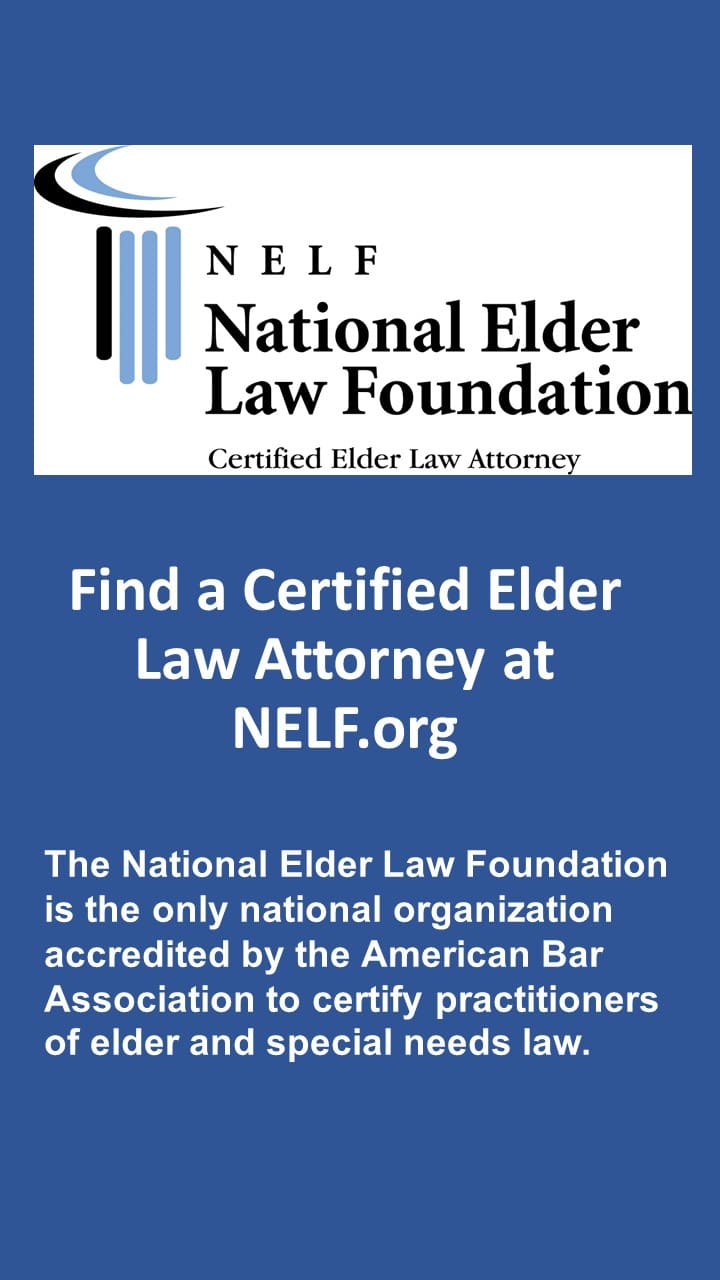During the 2024 legislative session, HB 1247 morphed into SB 420, which passed both houses and was signed by the governor. The new law creates a new Chapter 17 within Georgia’s Title 44 and authorizes the creation of transfer on death deeds. Previously, these deeds, commonly known as Lady Bird Deeds (although technically different), were ineffective in Georgia.
The new law provides that an interest in real estate may be titled in a transfer on death form by recording a deed signed by the record owner, designating a grantee beneficiary or beneficiaries of the interest. The law includes a form of deed. It also provides that acceptance of the TOD interest is pursuant to an affidavit affirming verification of the owner’s death, whether the record owner and the designated beneficiary were married at the time of the owner’s death and a legal description of the real estate.
The TOD beneficiary must file the affidavit with the Clerk of Superior Court in the county where the real estate is located within nine months of the record owner’s death or the property interest reverts to the deceased record owner’s estate.
During the record owner’s lifetime, the designation is revocable. Filing a new designation revoke the old one. The record owner remains the legal and record owner until death.






